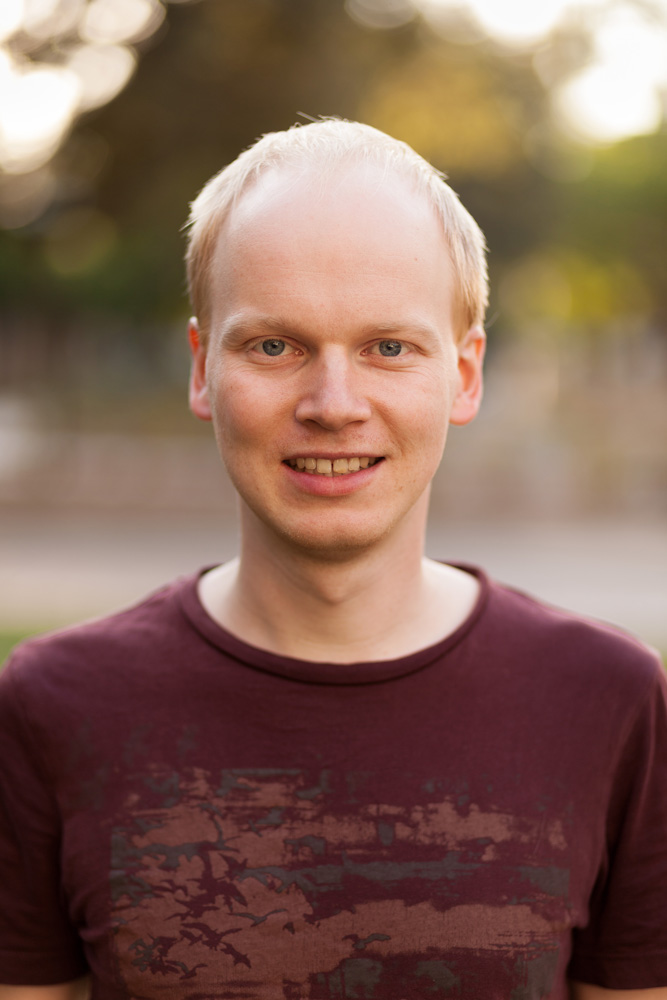
Torsten Karzig
“I like extracting simplicity from complexity. I find it fascinating to probe seemingly strange and unusual quantum systems to see if I can understand them in simple terms.”
Interview
What are you currently working on?
A general theme of my research is investigating and modeling exotic quantum systems. Currently I’m looking at a class of particles called Majorana fermions, which we believe emerge under certain conditions in materials like semiconductors. One interesting thing about them is that they are actually their own antiparticles. Another is that moving a system of Majorana fermions slowly around each other and back to their original positions changes the quantum state of that system in a well-defined way regardless of the way you move the particles. In a quantum computing context, this would correspond to processing information in a protected way, so in theory a quantum computer utilizing Majorana fermions might be effectively shielded against all kinds of disturbances. I’m trying to develop a better understanding of how this might work in practice. One of the main things we’ve found is that there’s a kind of “speed limit” for moving these fermions, and if you exceed it, the system collapses and any information that’s been encoded is lost. In fact the best way to protect the Majorana fermions is to move them infinitely slowly around each other, which of course is impossible. So the question is, how can we use them to develop a potentially workable quantum computing model.
What excites you about this work?
I like extracting simplicity from complexity. I find it fascinating to probe seemingly strange and unusual quantum systems to see if I can understand them in simple terms. My usual approach is to set up what’s called a minimum model—one that tries to capture all the system’s crucial elements while being simple enough to let you really understand what is going on and possibly use that understanding to develop new systems. As a theorist you’re always looking for first principles that can be applied to all kinds of systems. You want to have a universal description of whatever phenomenon you’re investigating because that’s how a theory can have the most impact.
What do you do when you’re not doing physics?
One of my hobbies is playing Ultimate Frisbee, which is an amazing sport when you need to clear your mind. I’m also involved in editing and creating the OpenStreetMap. It’s a kind of Wikipedia for maps that provides free, detailed maps of the world that can be downloaded to your GPS or mobile phone. In November 2013 the Red Cross used it to help route aid to stricken areas of the Philippines after the typhoon there, and they also used it after the 2010 earthquake in Haiti. I find it exciting that you can be in your home or at your desk, looking at satellite imagery, and helping to develop maps that can have this kind of humanitarian impact.